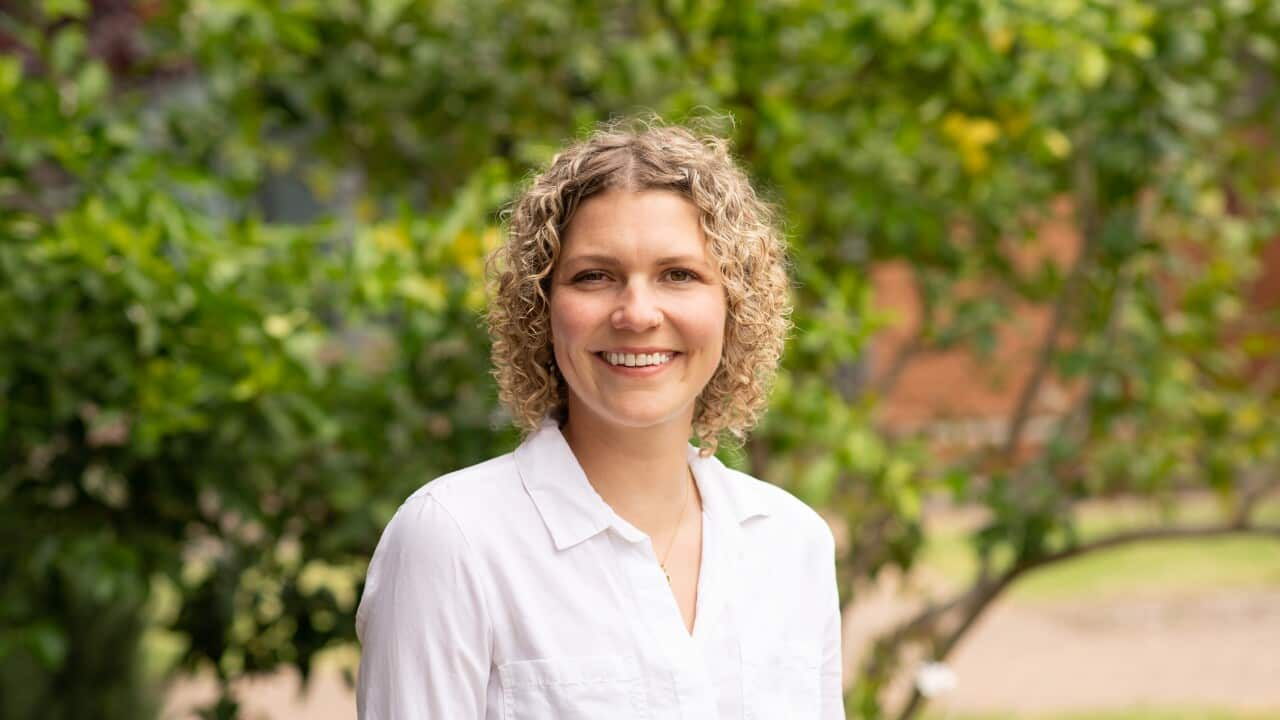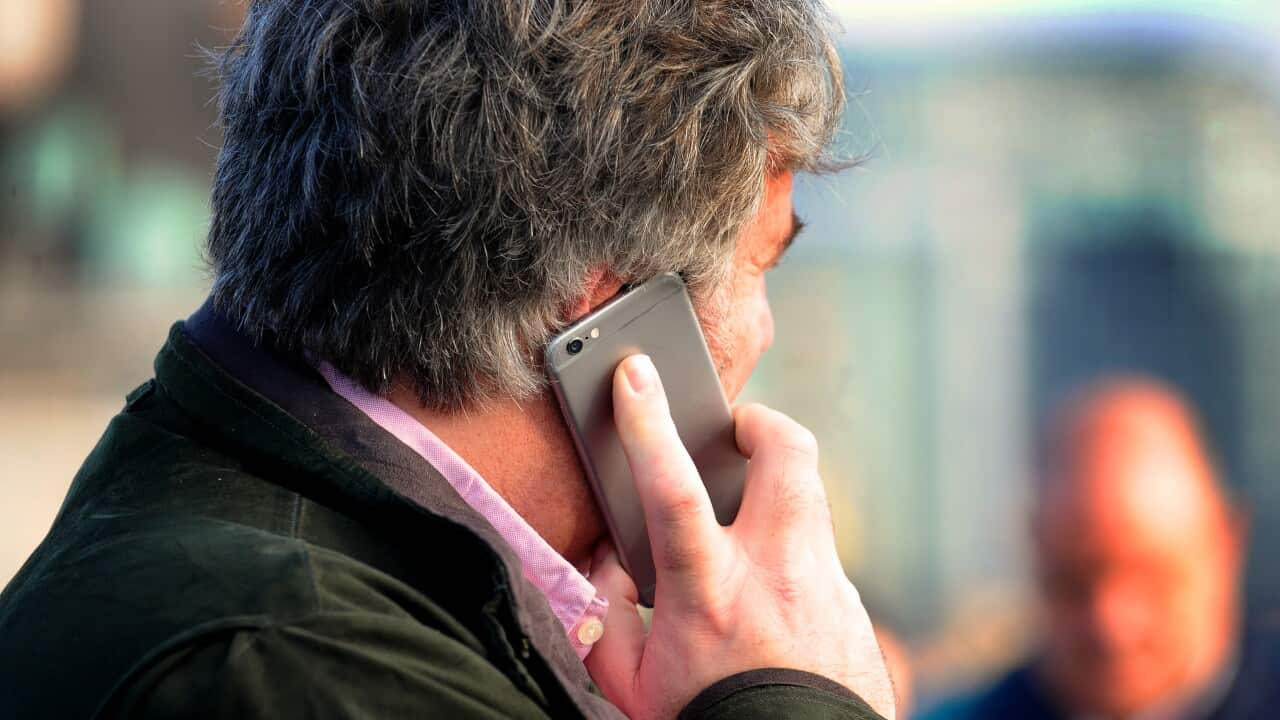Key Points
- More than 140,000 people are living with blood cancer or a related blood disorder in Australia today.
- Australia's stem cell registry says there's an urgent need for local donors, especially from diverse backgrounds.
- The Leukaemia Foundation says some people are waiting over a year to find a suitable donor.
When Sophie Patnicroft Gray sat down to write to the person who saved her life, she found herself lost for words.
It had been five years since she had been given the "gift of life" by the stranger.
She wondered how to thank this mysterious person for registering as a stem cell donor and following through with the donation.

Sophie Patnicroft Gray had plans to travel around Australia when she was diagnosed with acute myeloid leukaemia after a routine blood test picked it up Credit: Supplied
"Wondering what led you to do such a selfless act that not only saved my life, that has given me almost five more years and hopefully more."
How an Australian adventure turned into a fight for Sophie's life
At 29 years old, Sophie had packed up her life in the United Kingdom to start her "fantastic Australian adventure" — travelling around the country and teaching yoga in 2019.
Her plans were put on hold when she was diagnosed with acute myeloid leukaemia after a routine blood test.
She was given a 50 per cent chance of survival — and chemotherapy alone couldn't save her. Her "last resort" was a stem cell transplant.

Sophie Patnicroft Gray underwent gruelling rounds of treatment for her acute myeloid leukaemia. She says she was lucky to find a local stem cell match. Credit: Supplied
Sophie eventually found someone on the Australian stem cell registry who was luckily a match.
Next month, she will mark five years since she received the donation — five years, she says, "that was was not promised, that was not a given".
Diverse Australians 'suffering' due to lack of donors
More than 140,000 people are living with blood cancer or a related blood disorder in Australia today. Almost 20,000 more will be diagnosed this year, according to the Leukaemia Foundation.
One of the biggest issues facing Australia's only stem cell registry is an urgent need for more local donors, especially those from diverse backgrounds to improve the chances of patients finding a life-saving match.
There are currently 1,000 people on the waitlist.
The Leukaemia Foundation says some people are waiting over a year to find a suitable donor — precious time for those undergoing treatment.
And while 80 per cent of stem cell transplants come from overseas, some cannot afford to wait.
Tim Murphy, general manager of blood cancer partnerships at the Leukaemia Foundation, said the Australian population was not fully represented in the data registry.
"This is particularly challenging for First Nations Australians. If you can't find the match here, it's highly unlikely that you [can] find them anywhere else," he told SBS News.
"Because we have such a wonderful diverse community, we want to be able to have that diversity represented and reflected in the donor registry."
Sophie says she had an "unfair advantage" because there was an adequate number of donors who matched her heritage.
"There are people out there that are suffering just because of this lack of donors," she says of patients of diverse backgrounds.
"That's just not fair."
What does a stem cell donation involve?
Murphy describes stem cell donation as "the most generous community act of love that an individual can do".
And, he says, it's a very simple, two-step process.
First, people are asked to go to the donor registry site to register their details. They will then be sent a swab.
The prospective donor is asked to swab their cheek and return it to Strength to Give. They will then be placed as an eligible donor.
If someone requires a donation and matches a donor's profile, the prospective donor is asked to give a blood donation. Stem cells are extracted, and bloods pump back into their body.
"It's seen as a really cumbersome, challenging, difficult task, and in fact, it's really straightforward," Murphy says.
"Giving to someone in your family or your community your stem cells is the most generous gift of love, because it's a gift of life."












